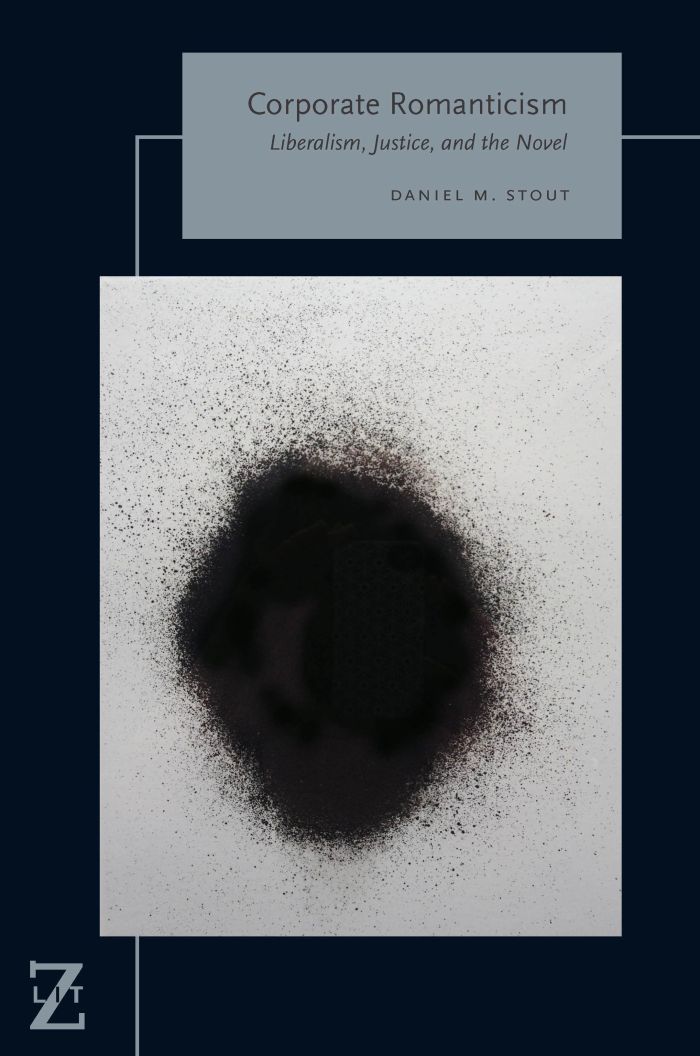Corporate Romanticism
Liberalism, Justice, and the Novel

This book can be opened with

Corporate Romanticism offers an alternative history of the connections between modernity, individualism, and the novel. In early nineteenth-century England, two developments—the rise of corporate persons and the expanded scale of industrial action—undermined the basic assumption underpinning both liberalism and the law: that individual human persons can be meaningfully correlated with specific actions and particular effects. Reading works by Godwin, Austen, Hogg, Mary Shelley, and Dickens alongside a wide-ranging set of debates in nineteenth-century law and Romantic politics and aesthetics, Daniel Stout argues that the novel, a literary form long understood as a reflection of individualism’s ideological ascent, in fact registered the fragile fictionality of accountable individuals in a period defined by corporate actors and expansively entangled fields of action.
Examining how liberalism, the law, and the novel all wrestled with the moral implications of a highly collectivized and densely packed modernity, Corporate Romanticism reconfigures our sense of the nineteenth century and its novels, arguing that we see in them not simply the apotheosis of laissez-fair individualism but the first chapter of a crucial and distinctly modern problem about how to fit the individualist and humanist terms of justice onto a world in which the most consequential agents are no longer persons.
To eye-opening effect, Daniel Stout argues that the historical period, the early nineteenth century, and the literary form, the novel, that we regularly associate with the triumph of individualism and the consolidation of liberalism are marked instead by anxieties about whether there is any such thing as a person or an individual action and anxieties, too, about whether persons and actions can ever be meaningfully correlated in the way that justice demands. Corporate Romanticism might well come to be seen as one of the most important books we have on nineteenth-century fiction and liberal modernity.——Deidre Lynch, Harvard University
Corporate Romanticism importantly reconceptualizes the ways in which liberal personhood develops in the nineteenth century. It offers a new way to consider what both fiction and legal quarrels about corporate responsibility and justice... can tell us about the newish, but not absolutely novel, paradigms of corporate being that germinate throughout the nineteenth century.—Victorian Studies
Corporate Romanticism is one of the strongest contributions to a recent surge of scholarly investigations of the historical emergence of corporate personhood... It offers compelling insight not just into the history of corporate personhood, but of personhood as such.—Eighteenth-Century Fiction
It's the kind of book that tempts the reviewer to simply pluck out and string quotes together; virtually every page is filled with sentences that think, that testify to a critical ear alive to vibrant thoughts. It has a subtle, authentic, confident style reminding me of a range of powerful writers, including Catherine Gallagher, Raymond Williams, and Charles Taylor. Stout's study is filled with offhand insights that glitter with awareness.—Modern Philology

